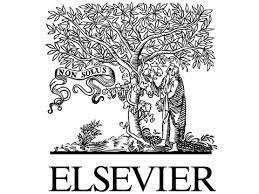Unpacking the Influence of Antisocial Behavior and Demographic Factors on Students’ Academic Performance
DOI:
https://doi.org/10.3390/b2dzpb65Abstract
This study investigated the unpacking influence of antisocial behaviour and demographic factors on academic performance among undergraduate students of University of Ibadan. It delves into the complex relationships between antisocial behavior, demographic factors, and academic performance among students. The study adopted the mixed method. Cross-sectional survey research design was adopted and data was gathered from 341 respondents. Frequency distribution revealed that more of the respondents 236 (69.2%) were females, while the other 105 (30.8%) were males. Data was gathered using standardized scales of measurements. In-depth interviews with 30 students from diverse demographic backgrounds in university of Ibadan revealed nuanced insights into the ways antisocial behavior and demographic factors intersect to impact academic outcomes. Thematic analysis identified three primary themes: (1) "Navigating Social Landscapes," highlighting students' struggles with bullying, social exclusion, and peer relationships; (2) "Identity and Belonging," illustrating how demographic factors (e.g., socioeconomic status, ethnicity, gender) influence students' sense of self and academic engagement; and (3) "Resilience and Coping," showcasing students' adaptive strategies for mitigating the negative effects of antisocial behavior and demographic factors on their academic performance. This study contributes to a deeper understanding of the contextual factors shaping students' academic experiences, informing the development of targeted interventions to support students' academic success and well-being.









